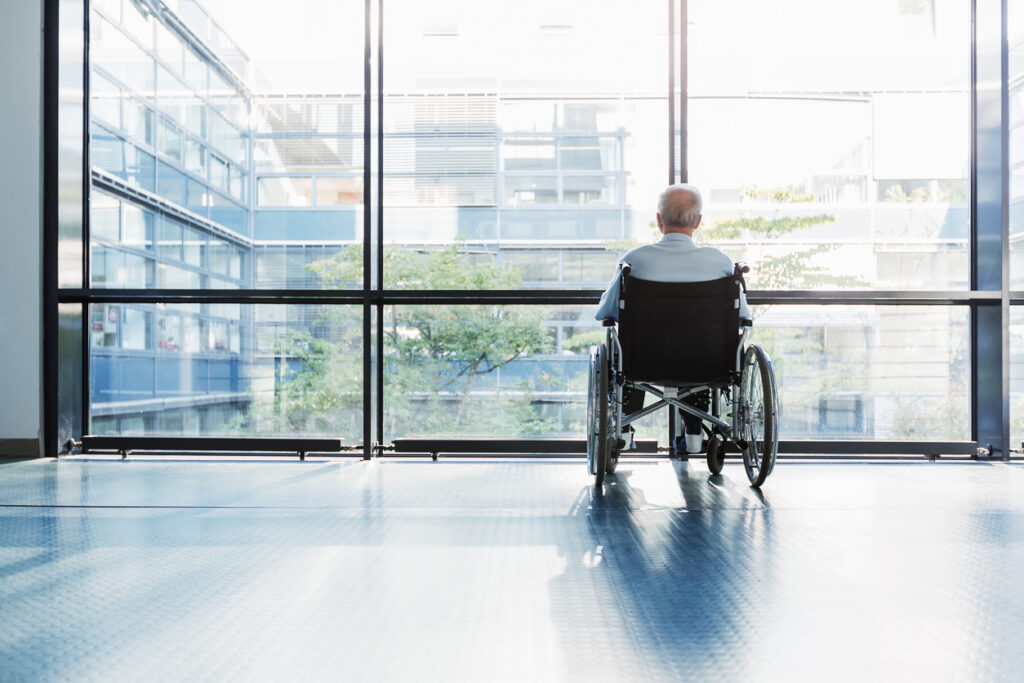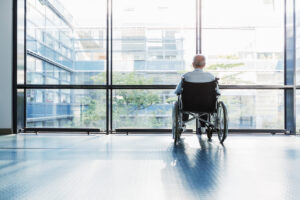
Elder Abuse, Restraining Orders, and Other Things to Know
 As you probably already know, elderly people are abused every year. This upsetting, concerning type of abuse takes many forms such as physical, emotional, and sexual abuse – as well as neglect and abandonment of the elderly. There are many signs of abuse that can be seen by both loved ones and caretakers, such as problems sleeping, depression, loss of weight, trauma signs, being withdrawn, and so much more. If you have a loved one who was abused in care, you may have some questions about what steps to take next.
As you probably already know, elderly people are abused every year. This upsetting, concerning type of abuse takes many forms such as physical, emotional, and sexual abuse – as well as neglect and abandonment of the elderly. There are many signs of abuse that can be seen by both loved ones and caretakers, such as problems sleeping, depression, loss of weight, trauma signs, being withdrawn, and so much more. If you have a loved one who was abused in care, you may have some questions about what steps to take next.
FAQs
How do I apply for a restraining order without the other person figuring out my address? California has a program known as Safe at Home, run by the California Secretary of State. When abuse or assault is a part of your case, it will give you a secure address to use for court papers to stay confidential.
Should I always have an attorney if I am bringing an elder abuse case? You may continue without one, but it is not always a good idea. Legal services are always available to you when you have been abused by another person.
Do I have to see my abuser at the hearing? In many cases, yes. However, they should never speak to you. If they have done something that makes you fearful, you should let the court officer know so that they can keep you safe.
What happens to my restraining order if I decide to leave California? Once you have a restraining order, it works anywhere in the United States. Once you move, the local police should know about your order so they can help protect you.
What happens if my abuser breaks the order? A restraining order is legal. You can call the police if it is broken. They could be arrested for their crime, as you are able to enforce this with the police.
Am I able to drop a restraining order case once it has been filed? It really depends on your spot in the process. If you don’t show up for court before a permanent order is put in place, your case could be dropped. However, if you do have the permanent order, you would have to ask the judge for help when dropping your case. However, you should always speak with your attorney about this decision.
We are experienced in cases involving elder abuse. Because we care about your case, we are willing to answer all of your vital questions regarding your abuse case and what you can do about it. Call us for more information on how we can assist you.
